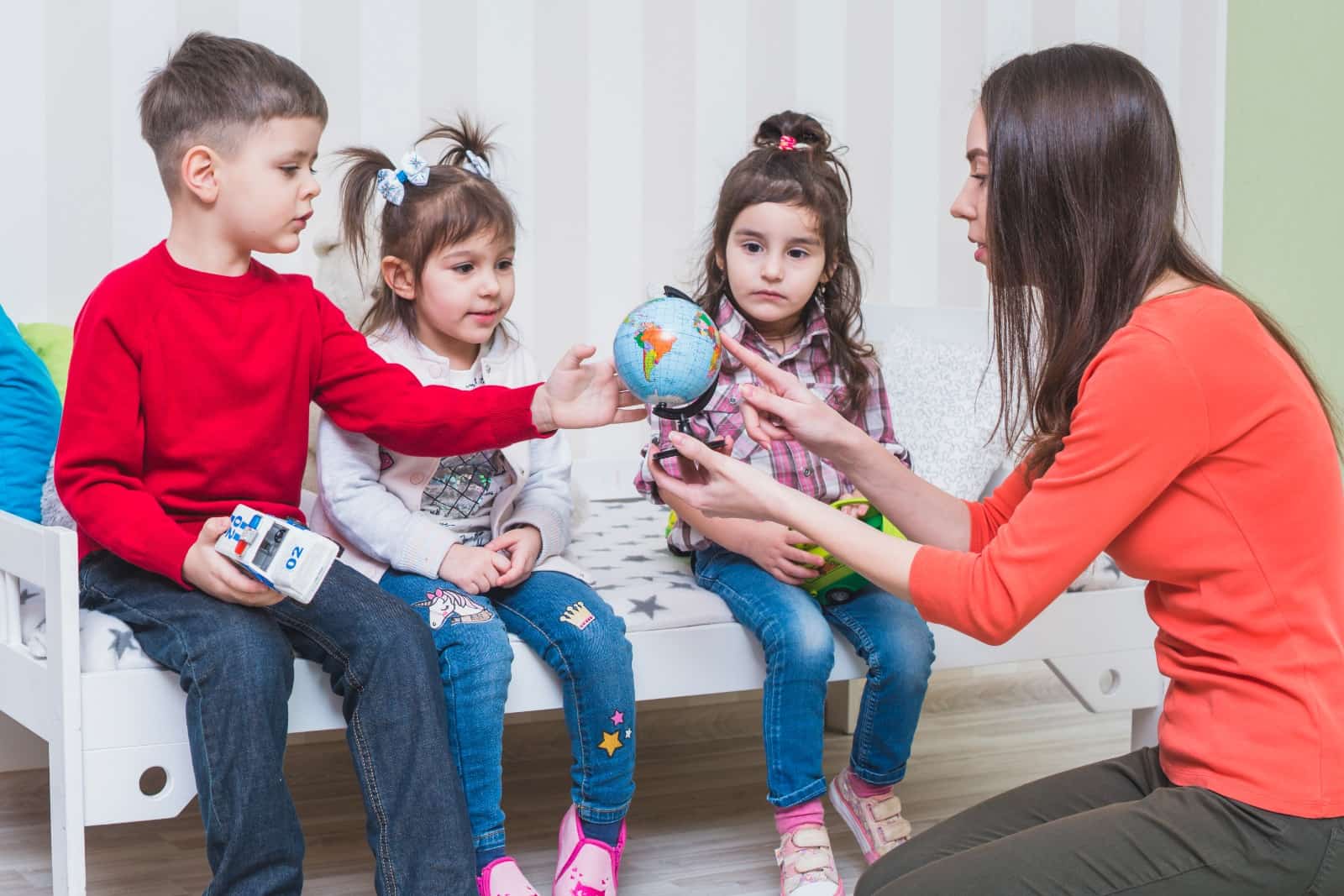Choosing the best play school is a crucial stage in your child’s educational path. As parents, we want to create an environment where our children feel loved, protected, and eager to learn. A child’s social, cognitive, and emotional development is greatly influenced by their early schooling. Finding the ideal play school that fits your child’s requirements and your family’s beliefs is crucial, even if there are many possibilities.
One of the most crucial aspects to consider while looking for the finest play school is the institution’s educational philosophy. Play-based learning strategies that foster creativity, critical thinking, and problem-solving are employed by prestigious play schools. Using practical exercises enables kids to learn while exploring and learning interestingly and naturally. Ensuring the play school provides a well-rounded curriculum that develops your child’s cognitive and emotional abilities is crucial.
The educational atmosphere is another area to consider. Your child’s early learning experience may be significantly impacted by a warm, inviting, and secure setting. Age-appropriate toys, roomy classrooms, and educational resources that promote learning and spark curiosity are all features of the best play school in indore. Additionally, preserving a welcoming environment where kids feel encouraged and at ease depends heavily on the presence of knowledgeable and compassionate staff members.
Another essential component of a good early education program is parental engagement. Schools that promote frequent contact between educators and parents are often better at supporting a child’s development. Choose a play school that respects the collaboration between the family and the school, provides regular reports on your child’s development, and promptly resolves any issues.
These things must be carefully considered while selecting the best play school in the neighborhood. Your child’s early school experiences will impact their future achievement and mold their attitude toward learning. To ensure your child has the most fantastic start possible, ensure the school you select offers a nurturing, stimulating, and well-rounded atmosphere.
Choosing the best play school in indore requires considering not just the curriculum but also the general setting, the caliber of the faculty, and the degree of parental participation. By keeping these things in mind, you can ensure that your child’s early education is enjoyable and enriching.












